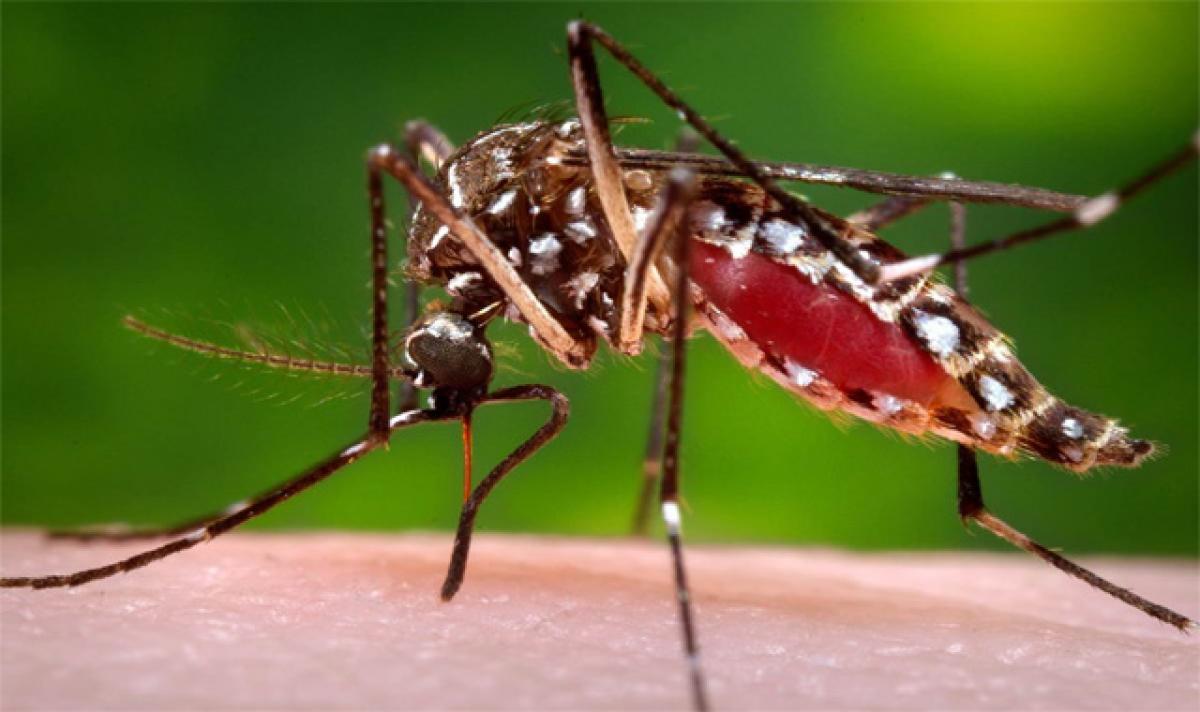Aedes aegypti

Brazil has declared an end to its public health emergency for the Zika virus, 18 months after a surge in cases drew headlines around the world.
Brazil has declared an end to its public health emergency for the Zika virus, 18 months after a surge in cases drew headlines around the world. The mosquito-borne virus wasn’t considered a major health threat until the 2015 outbreak revealed that Zika could lead to severe birth defects. One of those defects, microcephaly, causes babies to be born with skulls much smaller than expected.
The end of the emergency doesn’t mean the end of surveillance or assistance” to affected families, said a Brazilian official, adding that, “The Health Ministry and other organizations involved in this area will maintain a policy of fighting Zika, dengue and chikungunya.” All three diseases are carried by the Aedes aegypti mosquito.
Zika, dengue fever, chikungunya and yellow fever the female Aedes aegypti mosquito is the primary vector for transmitting these dangerous diseases which affect hundreds of millions of people each year, contributing to the one million annual deaths caused by mosquitoes.
Female mosquitoes bite humans and use the nutrients in blood to produce their eggs. When they consume blood from an individual with circulating virus, the mosquitoes in turn become infected. Through biting many humans during their life time, female Aedes aegypti spread diseases (it only takes one bite for a virus to be transmitted).
Male mosquitoes do not bite and therefore do not spread disease. Insecticide resistance has made Aedes aegypti control extremely difficult in many parts of the world and it already developed resistance to many common insecticides, and this resistance is passed on to future generations.
They prefer to strike in the plain light of day. Two hours after sunrise and several hours before sunset are favorite times. In fact, the mosquitoes can breed in pools of water as small as a bottle cap! It not only prefers to live in and around human habitation, but also thrives and proliferates in these conditions.
Aedes aegypti females feed almost exclusively on humans. Aedes aegypti eggs can stay dormant for over six months and hatch when submerged in water, according to Oxitec which has developed a biological, environmentally-friendly mosquito control solution that has shown promising results in places like Brazil, Panama, and Grand Cayman.

















